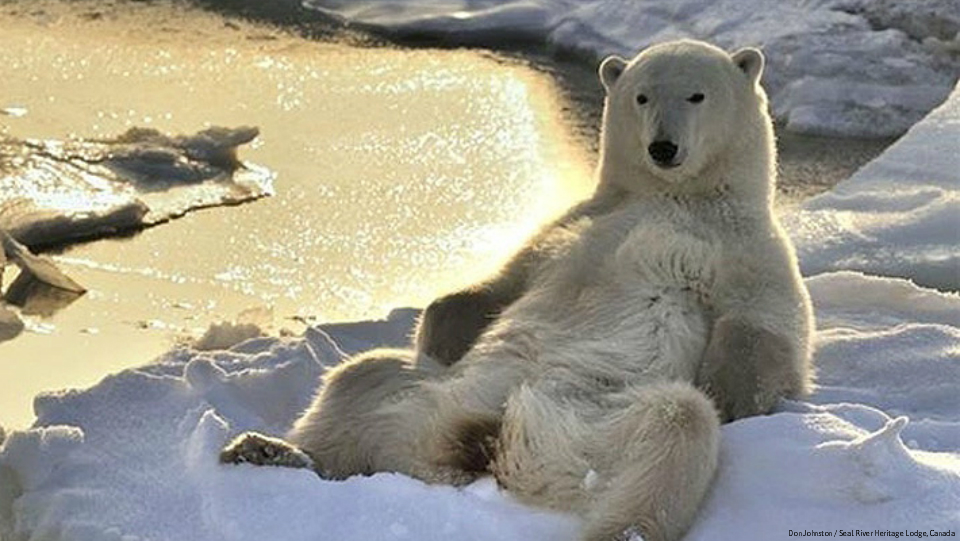Filtered by: Scitech
SciTech
Polar bear penises are wilting in the face of man-made pollution
By BEA MONTENEGRO, GMA News

It’s not enough that they have to deal with global warming, now polar bears also have to deal with possible penis bone fractures because of man-made pollution.
Christian Sonne, from the Aarhus University in Denmark, and his colleagues claim that pollutants called polychlorinated biphenyls (PCBs) are associated with decreased density in polar bears’ penis bone. PCBs belong to the larger group of pollutants called organohalogens. The researchers suggest that weakened penis bones could prevent successful mating.
In a previous study, the team observed that polar bears with high levels of organohalogens in their bodies had smaller testes and a smaller penis bone.
PCBs were used industrially since the 1920s. They were banned in 2001 after evidence that they could cause cancer and other health defects came to light. But since it takes a long time for them to break down, they can accumulate in the environment. According to Margaret James, from the University of Florida, the Arctic has a high concentration of pollutants, not only PCBs.
Sonne’s team, collaborating with Canadian researchers, examined penis bone specimens from 279 polar bears born between 1990 and 2000. They calculated the density of each penis bone and found a link between high PCB levels and low density. James points out, however, that the analyses weren’t statistically significant enough to prove that the lower density was caused by the higher levels of PCBs.
Andrew Derocher from the University of Alberta in Canada said that climate change and pollution interact to increase the threat to polar bears. Because of climate change, ice breaks up, making it harder for the bears to look for food.
“Skinny bears have higher levels of circulating pollutants, so the concern is that a bear that is nutritionally stressed may become more vulnerable to the effects of pollution at the same time.”
Though the penile bone, or "baculum", is found in many mammals, its function is unclear to scientists. Some speculate that it could be a by-product of evolution, while others think that it might support the penis or help stimulate the female during mating. Sonne believes that a weaker baculum would be an impediment to mating.
“If it breaks, you probably won’t have a bear which can copulate.” — TJD, GMA News
More Videos
Most Popular




